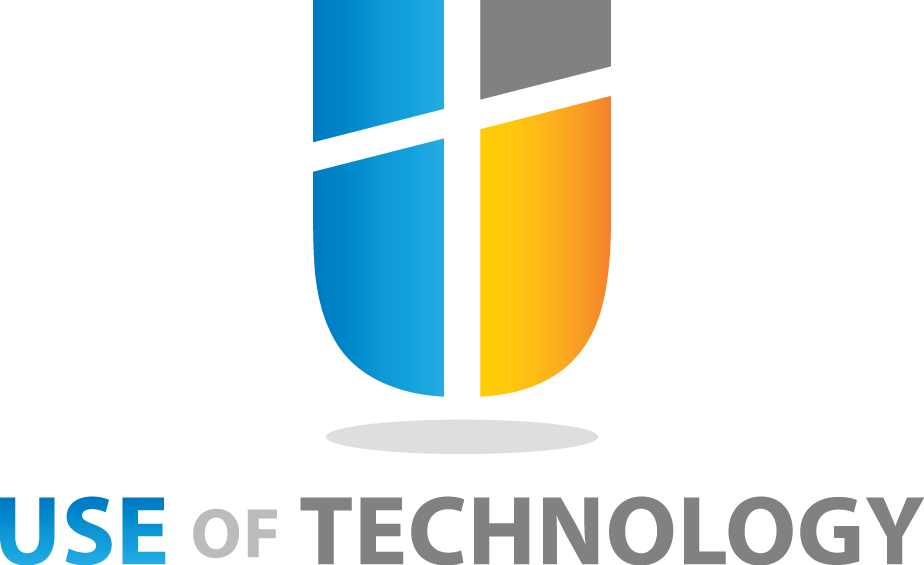Microsoft has recently bought a high-performance computing company as a part of their plan to cloudify as many types of enterprise workloads as they can. The Redmond, Wash. IT vendor has obtained HPC company Cycle Computing for an undisclosed number, the companies said on Aug. 15.
This deal, as well as the 2014 GreenButton deal, is another addition to the company’s ever growing technology collection that sends it up the top of the enterprise cloud services market.
Adnan Raja, the vice president of marketing at cloud hosting provider Atlantic.net said in an email that the cloud market competition isn’t about price, but more about providing services and solutions that solve complex problems.
There is a firm called Cycle Computing that specializes in cloud orchestration software which lets organizations run compute-intensive workloads on cloud computing infrastructures. The firm claims that their customers are some of the biggest life insurance companies, as well as biotech and pharmaceutical firms and other giants. And today, the firm is the latest example of cloud consolidation.
Raja said that Microsoft’s ideas and visions are where the industry will be heading. As he said, the competition will be very serious and things will happen at a rapid pace, but for him, the competition is good and healthy for the development of the industry.
Jason Zander, corporate vice president of Microsoft Azure, made an announcement in which he stated that the company’s vast global cloud and Cycle Computing’s knowledge in enabling massively scalable applications will open new possibilities as well as make HPC more available for customers. He added that the technology that Cycle Computing brings will complement Microsoft’s support of Linux HPC workloads and make it easier to extend on-premise workloads to the cloud.
Even if we move the Cycle Computing out of the picture, Microsoft has been working on expanding his cloud HPC portfolio.
Back in 2015, the company announced Azure virtual machines which support Linux Remote Direct Memory Access (RDMA) with Intel Message Passing Interface (MPI) which enabled workloads to better benefit from the company’s InfiniBand network for high-throughput, low-latency execution.
And last year, the company delivered Batch Shipyard v.1 under its Azure Big Compute suite, letting customers quickly use batch-style, Dockerized workloads on the company’s Azure Batch computer management and job scheduling service (itself based on the company’s purchase of GreenButton).
But this technology giant is facing some competition in its try to bring HPC closer to the mass amount of people.
Just this May, Cray, a supercomputer maker, announced its partnership with cloud provider Markley and offered the HPC capabilities of its Urika-GX appliances as IaaS offering.

